In what was an otherwise ordinary and even mediocre year for direct-to-streaming feature films on Netflix, what truly shined on the leading OTT platform was the rich collection of short films directed by Wes Anderson. Based on an assortment of four accessible yet complex short stories written by the legendary Roald Dahl, the four films used a delightful Brechtian style of storytelling, and the auteur’s trademark aesthetic flourishes to tell compelling stories confronting basic human behavior.
The opening short of the collection, “The Wonderful Story of Henry Sugar,” was the most adorable and powerful of them all. Watching it and all the others that followed felt like a gentle meta rush tingling the bones. The characters reading through the frame introduced a cinematically refined concept of video-books that let the imagination work out artistically, implying that the adaptations were radical due to their adherence to the source material. The contrivances, although easy to nitpick, were too difficult to brush off. In a pale and regular commercial year for the streaming giant, the four flickers of humanity by one of the most indulgent yet compassionate living directors easily stood out.
Meanwhile, another excellent and dependable auteur disappointed us with his Netflix original offering. Chilean master Pablo Larraín is usually excellent with his exploration of the often dark interiority of well-known historical figures. Films like “Jackie,” “Neruda,” and “Spencer” attest to the fact that they are some of the greatest atypical biopics ever made. However, with Chile’s infamous head of state, Augusto Pinochet, he experiments with form and directs the twilight of his existence as a vampire comedy.
While the satire on the timeless blot of fascism is apparent, and the cinematography is some of the best that has been seen in the decade thus far, the film was overall too thinly written and exhaustive in its plot details. A lot of the film is so unfunny that you will have the feeling of sitting through an intellectual joke in which the context is lost. Additionally, it never gets into the core of its subject.
However, barring these, there were quite a few films with the Netflix ‘original’ tag this year, which managed to break the clutter and be original in their world-building and character work. In fact, in terms of studying the kind of protagonists whose work would be viewed in a judgemental manner and looked down upon, most of these films did an excellent job of obscuring a sense of empathy for them. From refreshing comedies to meditative film-essays on pressing situations and commanding documentaries, we enlist the most remarkable Netflix original films of 2023.
Special Mention: Kathal (Hindi)
Stories of systemic corruption and oppression in the Indian police force are not new in Hindi cinema. Multiple directors have taken the sledgehammer to drive this important area of focus home with varying degrees of quality, mostly in thrillers. However, Yashowardhan Mishra, telling the story of two prized jackfruits that go missing from an influential Bundelkhand politician’s garden, chooses out-and-out slapstick satire. The resultant film, although with many hiccups, is funny and convincing.
Although the resolve deviates little from how things actually turn out, the sparkling optimism softens the edges of an otherwise stark and bleak story about a woman’s status in a patriarchal institution. The film is enormously helped by the leading performance of Sanya Malhotra, whose satisfying and immensely enjoyable portrayal of investigating inspector Mahima Basor gives the film a much-needed heart and an energetic head-start.
10. Hunger (Thai)
Certain films have such a strong and compelling moral core that the entire film, no matter how much of an outlier the tone and texture might be, revolves around that one key resolve. Sitsiri Mongkolsiri’s “Hunger” is one such film. While the first two acts, and the major two hours of the film, feel like a stab at a bleak and startling culinary-world thriller that is about to jump on to an eat-the-rich cliffhanger, the last act dramatically confirms the film as one of the more heartfelt and sentimental films of the year.
The story of the conflict and contrast between a young lower-middle-class street-food cook and an A-lister sous-chef under whom she works ultimately is a deliverance of the crucial message that good food and good art, in general, needs love and care to feel good rather than an appealing form and sophistication. It is a film so simple in terms of craft and writing that you can take it as a stern warning against sparkling art and cuisine with the unpleasant condiment of prejudice or a cheerful endorsement of ‘crybaby noodles.’ Despite being imperfect and having a wobbly third act, the film is elevated by the stunning simplicity of Chutimon Chuengcharoensukying’s physically and emotionally committed performance as Aoy.
9. The Deepest Breath (Italian, English)
I suppose the best way to watch Laura McGann’s “The Deepest Breath” is to go without any homework on the lives and events of its well-known central subjects. However, even otherwise, Laura McGann’s simple yet searing documentary is one of the best love stories of the year and a solid example of technical wizardry. Packed with the kind of immersive underwater tracking shots and oceanic zoom-ins that might propel an immediate thirst for water, the film explores the freediving world and the determination of young athletes to set new benchmarks with an astute sense of aesthetic.
Although its most important bits that come towards the end start feeling a tad bit repetitive, and the last thirty minutes are where you get a hang out of the visuals, it lands its perfect emotional gut-punch in the last ten minutes. Additionally, the structure that it follows is impressive for being humane. We get an extended glimpse of the respective aspirations and individual personalities of Alessia and Stephen before we come to know of their companionship, in the words of their respective fathers and well-wishers.
8. Leave the World Behind (English)
A vacation-gone-wrong familial thriller is not new in cinema, and from Jordan Peele (in “Us”) to M. Night Shyamalan (with “Knock at the Cabin” this year), many directors have made an attempt to explore the possibilities and social capabilities of the trope. At that, Esmail’s execution tries to stack it into a singular formula. However, it is still a very worthy addition to the genre library solely for its unique approach to cataclysm. Adapted from the 2020 novel of the same name written by renowned Bangladeshi-American author Rumaan Alam, it kicks in a compelling discourse about how our obsession with social media and technology is getting the better of us every second of our lives. And, of course, how something this sick is almost needed to bring us together like real people.
Of course, the formulaic nature of the direction gets simplistic at times and tries to hamper and bring down the promise of an otherwise exceptional narrative. However, Julia Robert paints such a convincing and impressive portrait of a misanthrope that the rest of the cast’s unabashed dark-comedic sincerity is also worth admiring. This actorly punch is exactly what the film needed, and it gets in loads.
7. Maestro (English)
“Maestro,” the follow-up to his simple yet striking debut picture “A Star Is Born,” expands Bradley Cooper’s arresting sermon on how the ups and downs are the only way life works and that magic lies in the music that appeals to our senses. This biographical ode to Leonard Bernstein is, of course, a celebration of the man’s exquisite historical contribution to musical theater. But it also captures the complications of his love life in the same vivid manner.
The film is anchored by the physicality of Bradley Cooper himself. However, it is really Carey Mulligan who gives great emotional gravity and a certain potency to the beautifully designed frames of Matthew Libatique. In fact, the clever framing devices of the film help capture the inner turmoil of these people whenever editing cuts it off. And, of course, there is the impressive direction of Cooper, embodying the character study with practiced ease.
6. The Killer (English)
For a film named “The Killer,” David Fincher’s adaptation of the French graphic novel series of the same name written by Matz Nolent more than lives up to its name. Firstly, it nails the sense of atmosphere with a touch of ambiguity. And secondly, it has the most memorable and stylish murder sequences among the last year’s films. However, in the end, the most impressive feature of the film remains Fincher’s more careful and observational treatment. It is this that boils the film down to a solid narrative fiction loaded with bits and pieces of existential poetry and a nice shoo-in of comic-book sensibilities that qualifies it as an unusual yet worthy adaptation.
Michael Fassbender, in what is an exceptional comeback of sorts, matches step-to-step the laid-back energy of the film with the original, suave sophistication that the unnamed character truly deserves in exchange for his gritty anonymity. Tilda Swinton truly slips into the skin of a tasteful, sharp, yet smart and pretentious bourgeois lady like a serpent.
Read More: All David Fincher Movies Ranked
5. Call Me Chihiro (Japanese)
Every once in a while, a narrative (or rather, a non-narrative) revolving around the rare breed of people who are kind and empathetic towards the people living around them turns out to be an important film. And “Call Me Chihiro” does that job for 2023. Only Imaizumi chooses not to take a shortcut from reality in telling the story of a young ex-sex worker’s beautiful behavioral pattern of connecting the left-out people she meets, like joining the dots to create the drawing of a heart. Without the usual tropes of a commercial heartwarmer, it becomes a film that such products can only strive to become.
And then, there is the excellent leading performance delivered by Kasumi Arimura. In what by far is the warmest and the most inviting performance by a female actor that I have seen all year, she orchestrates the positive energy and working-class vigor of Chihiro. Her commitment to life as a bento shopkeeper is with such real verve and rhythm that you never get the feeling of watching an impossible character on-screen. Most importantly, the film is a masterclass in the kind of large-hearted writing that never jumps places and lets life go along its gradual course.
4. American Symphony (English)
Matthew Heineman’s “American Symphony” is the subtlest and the most fresh-faced love story of the year. Optimistic and hopeful in a way that sugar-coated success stories on the mainstream front can only strive to be these days, the film playfully yet patiently tells the story of a musician working on one of the most creatively stimulating compositions of his career. The nuance is so constructive here that the longing between the two lovers is established and clearly defined. The constant yearning that Jon and Suleika have for each other is not marked by shared moments together but by their opposite commitments setting them apart.
Most importantly, the film is a wonderful and musical mish-mash of the personal and professional of Jon Batiste. It is staged to feel like a culmination of all the inner and outer voices that mean a lot for his rich and considerably youthful body of work as well as his anxieties. Furthermore, it also acknowledges that permanent distress is part and parcel of human life, something that is the key to unlocking the complexities of a healthy romantic/marital relationship.
3. Nimona (English)
Based on the 2015 graphic novel of the same name written by ND Stevenson, “Nimona“ is one of the most earnest and thoughtful films that I have come across all year. It is almost too sincere in paying varied homages to the favorite and ever-cherished fantasy cinema that its makers liked. And yet, it never for once feels overstuffed or lacking in originality. This is because, as a medieval fantasy that embraces the pop-punk aesthetic and a great chunk of modernism, it doesn’t toss things for the sake of it. Moreover, it never forgets to be actually rational and radical. It is a unique and substantially impressive adventure fable that speaks about transitions of identity and sexuality through its motifs. Meanwhile, it holds together the simple message of love and compassion that brings us together, an age-old norm that is never going to get old.
To take things further, “Nimona” is not just political; it is fierce in going about its political fabrications. It is mostly faithful to the original webcomic. But revises the core of the story and takes a strong anti-establishment stand. It questions the point of an epic setting when it endorses an inglorious institution and then raises its concerns about moral and ethical absolutism before taking it down with a masterful third act that feels triumphant all the way.
2. Fair Play (English)
For promising emerging filmmakers of the time, it is nearly a cliché to say this, but it still feels hard to believe that “Fair Play” is only the debut feature film of director Chloe Domont. She bagged the distribution rights of the film at Sundance pretty early on. It is a film that navigates a troubled romance through the waters of ruthless and frankly unstoppable ambition.
A wild scramble of erotic psychosexual drama, a marriage story, and a shit-load of horror tropes, the film is actually a razor-sharp and powerful portrait of male fragility injecting toxicity in an otherwise stable relationship. It can be easy to get lost in the density of the film’s financial conversations and corporate moves. However, Domont’s wise direction ensures that you are never let off the hook for the technicalities. It is a ticking time bomb that explodes with a bang in the climactic moments.
Obviously, for a film intentionally sexualized, it is the chemistry between the male and female lead that counts, which is sizzling enough. Still, the performance by Phoebe Dynevor is absolutely electrifying. Her portrayal of the ambitious yet emotionally strained Emily stands out from the crowd because of both embodying her drop-dead hotness in the physicality of the character. Additionally, it hits hard because she makes the character a warning siren of eventual destruction.
1. Kho Gaye Hum Kahaan (Hindi)
In the pursuit of obsessing on social media platforms about who and what other people really are, we fail to see who and what they really are. This is no hypothesis, the estrangement of our social media handles from what we are in real life is not news, and has been widely addressed by various art-forms and online literature. But “Kho Gaye Hum Kahan” touches upon it with the kind of simplistic case-study texture that is so deft, nuanced, and effective that it’s hard not to see a reflection of yourself while watching it. The connection it manages to build with the generation at which it takes the aim is so refined that it is bound to work.
Superbly performed by its leading trio of actors and spearheaded by an excellent and almost unnervingly real Ananya Pandey, the film offers a clear-eyed look at Gen Z. In fact, such is the confidence of director Singh on what he wants to say with the film that it might even come across as judgemental. However, it never looks down upon a section of the youngsters and, in fact, empathizes with the misconstructions and miscalculations of a young age. There is something moving about the fact that people don’t stop being impressionable even beyond a certain age, which is a key aspect of the contemporary lifestyle that the film embraces.



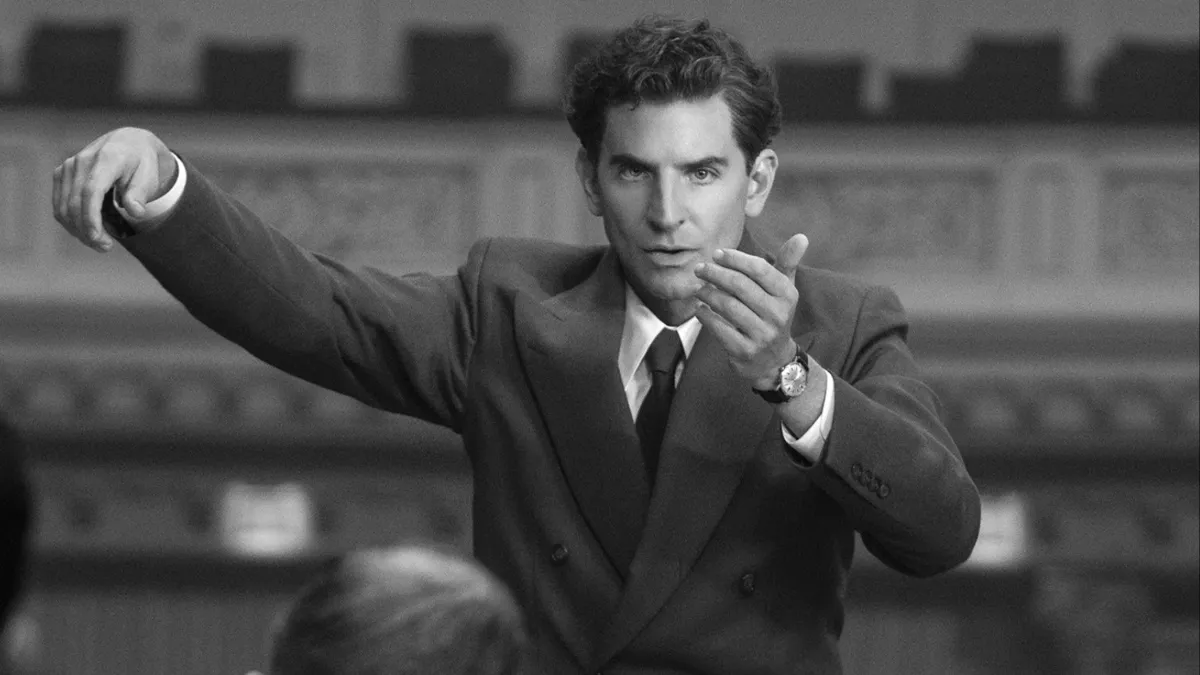
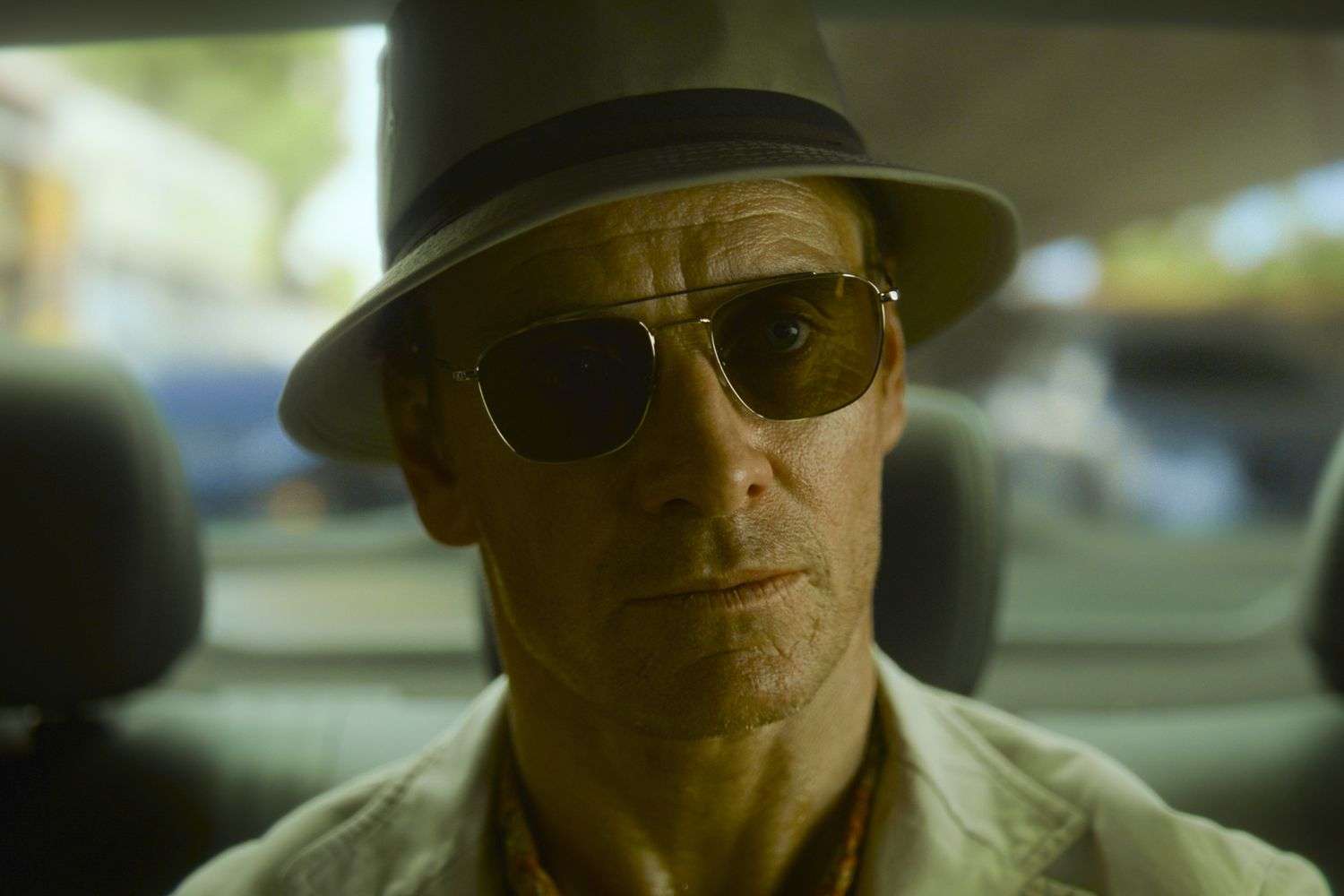



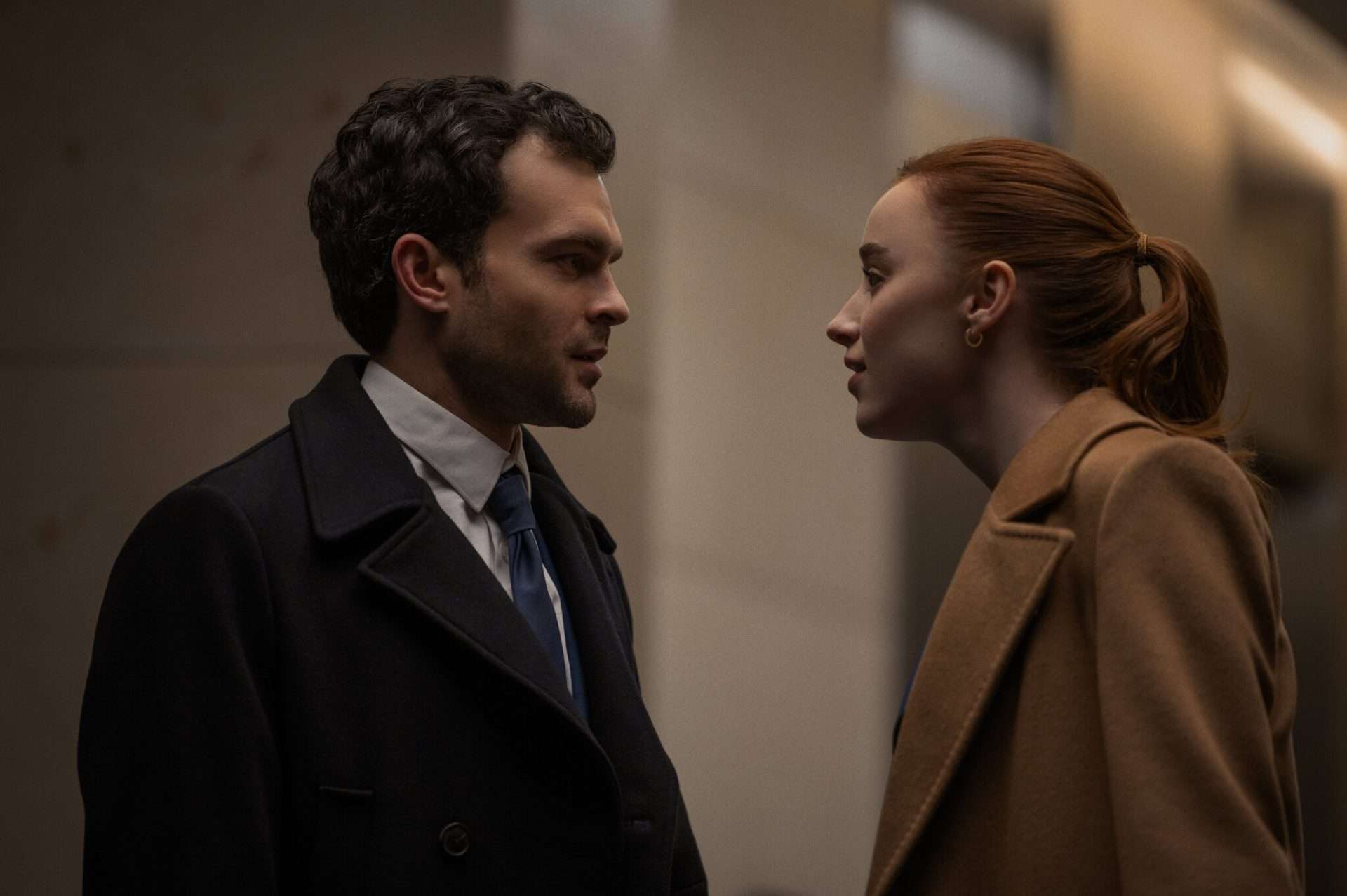
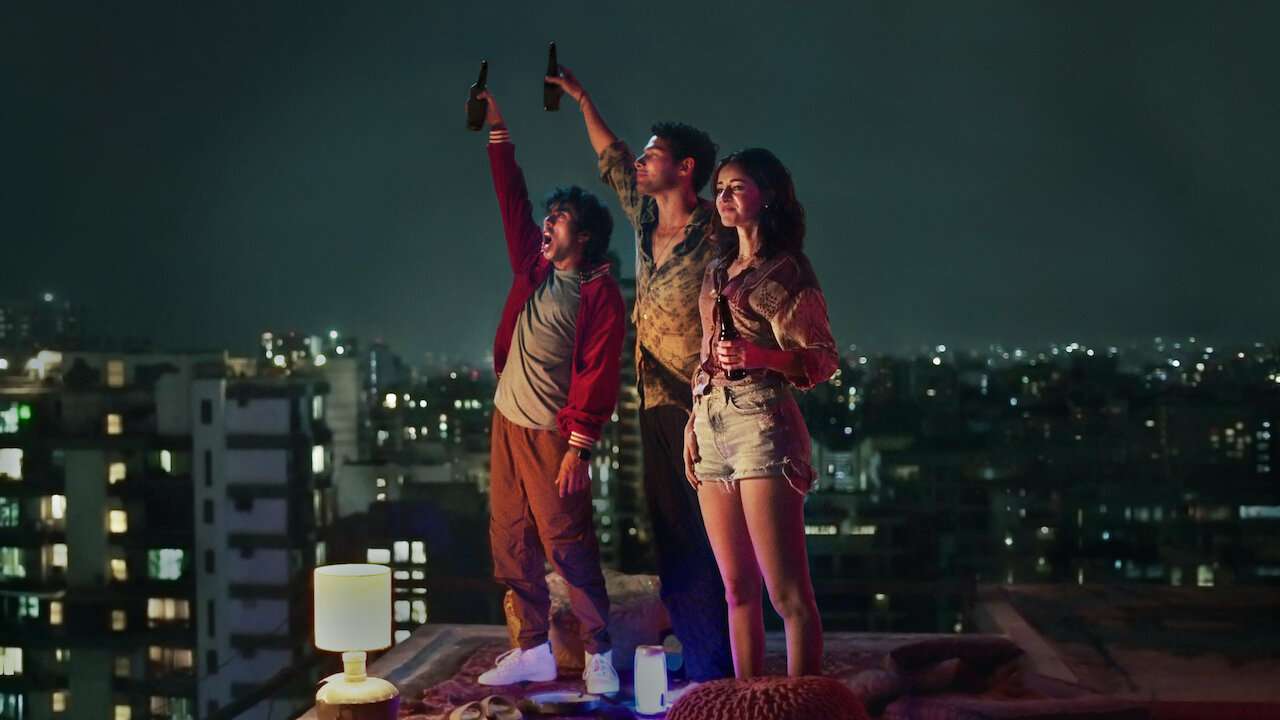

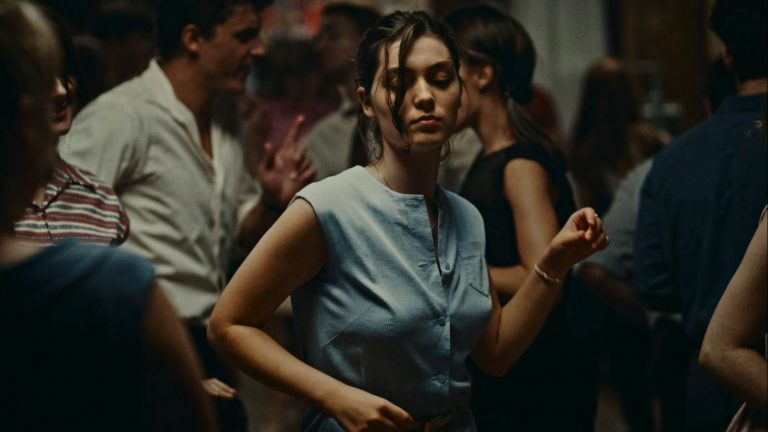
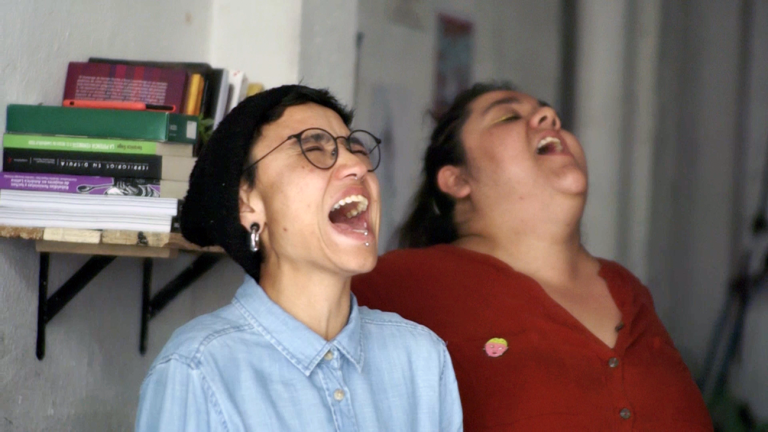
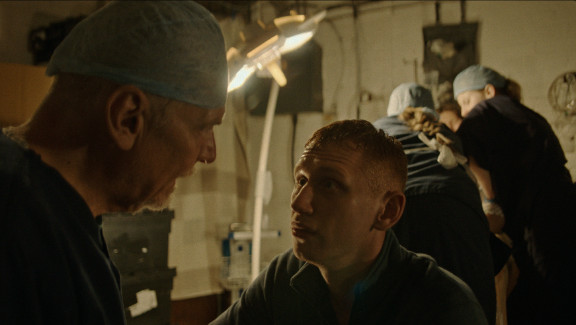

![Son-Mother [2019] ‘TIFF’ Review – A stark reflection of Women’s place in Iranian Society](https://79468c92.delivery.rocketcdn.me/wp-content/uploads/2019/09/son-mother_tiff-768x384.jpg)
![The Ripper [2020] Netflix Review – A Flawed Yet Reasonably Effective True-Crime Docuseries](https://79468c92.delivery.rocketcdn.me/wp-content/uploads/2021/01/The-Ripper-2020-768x432.jpg)